How mobile solar storage systems ensure reliable emergency energy
Dec 04, 2025
You need steady energy when the power goes out. Mobile solar storage systems can give you power in emergencies. These systems use sunlight to make electricity and save it for later. They are different from regular generators. Many people and companies pick commercial solar energy storage. It helps them get ready for power outages. For example:
Google, Kaiser Permanente, and Starbucks use solar storage to keep working during blackouts.Mobile solar storage does not need fuel. It is quiet and easy to set up. You can use it in many places, like homes or hospitals. You do not have to rely on the grid.
Key Takeaways
Mobile solar storage systems give steady power in emergencies. They keep your lights and appliances working when the grid stops. These systems are simple to set up and run quietly. This makes them great for homes, hospitals, and community centers in blackouts. Portable solar storage can be used fast. Relief teams can bring back power in minutes. They do not need fuel or hard setups. Using solar energy storage helps you save money on energy bills. It also helps the planet by cutting greenhouse gas emissions. Pick the right system by looking at battery type, size, and what you need to power. This makes sure you have enough power when the lights go out.
Mobile solar storage reliability
Dependable backup during outages
When the grid stops working, you need power you can trust. Mobile solar storage systems use sunlight and store energy in batteries. These systems help keep your lights and appliances on, even if the power goes out.
Solar panels take in energy from the sun during the day. Extra power goes into batteries for later.
If there is an outage, you use stored energy to keep things running.
These systems work on their own, so you do not need fuel or noisy generators.
Solar batteries give backup right away. They keep important devices like refrigerators and phones working.
You feel safe knowing your main appliances will stay on, day or night.
You can set up a Mobile Solar Storage System fast in emergencies. Relief teams use these systems to bring back power quickly. This helps homes and important places stay safe and connected. Hospitals, shelters, and community centers use mobile solar storage to keep services going during blackouts.
Mobile solar storage systems give you clean and safe energy. You do not need fuel, and you do not have to deal with noise or fumes from regular generators.
Real-world emergency applications
Mobile solar storage systems show their worth in real emergencies. You see them used after hurricanes, wildfires, and earthquakes.
After Hurricane Maria in 2017, solar shelters helped over 5,000 people stay safe. These shelters kept medical tools and communication devices working.
In California, portable solar systems powered medical stations and communication hubs for three weeks after wildfires.
In Nepal, relief teams flew portable solar shelters to faraway villages after the 2015 earthquake. People got shelter and energy without waiting for fuel.
In Louisiana, mobile solar+storage trailers helped after Hurricane Ida and a tornado. These trailers let emergency workers and residents charge devices and stay connected.
You get power fast and setup is easy. Portable solar panels bring back power quickly. You get lights, communication, and medical help when you need it most.
Relief teams set up mobile solar systems in just minutes. You do not need complicated installation.
You do not have to wait for fuel deliveries, which can be slow during disasters.
Mobile solar storage keeps important services working, even when things get tough.
Mobile solar storage systems help you get ready for any emergency. You get backup power, quick setup, and support for your most important needs.
How mobile solar storage systems work
System setup and portability
You can set up a mobile solar storage system fast. You do not need to be an expert. These systems come in small units you can move. You do not need special tools or heavy machines. Just put the solar panels in the sun and connect them to these systems.
Tip: Mobile solar storage systems work in many places. You can use them at home, at work, or outside during emergencies.
Here is how mobile solar storage is different from regular backup options:
Feature
Portable Energy Storage
Traditional Energy Solutions
Portability
High
Low
Versatility
High
Medium
Emergency Backup Capability
Excellent
Limited
Ease of Transport
Very Easy
Difficult
Ideal for Outdoor Use
Yes
No
Portable systems give you more choices and quick setup. You do not need fuel or big generators. You can carry these systems far away or move them when you need to.
Solar panels and battery integration
A mobile solar storage system has important parts that work together:
Solar Panels: These take energy from the sun and send it to the battery.
Batteries: These keep the energy so you can use it later. Most systems use Lithium-Iron-Phosphate or Lithium-Nickel-Manganese-Cobalt batteries. These batteries last long and hold lots of energy.
Inverters: These change DC energy to AC energy for your appliances.
Critical Load Subpanel: This part makes sure only your most needed devices get power during an outage. It helps your battery last longer.
Other Components: These include disconnects, fuses, circuit breakers, and safety gear to keep things safe.
You get the best results when the solar panels and batteries work well together. New systems use smart technology to get more power from the sun. For example, DC-DC boost converters and MPPT methods help the panels collect extra energy. The battery management system (BMS) checks the battery’s health and controls charging to keep things safe.
Integration Method
Description
DC-DC Boost Converter
Gets more power from solar panels using MPPT algorithms.
Bidirectional DC-DC Converter
Connects the battery storage with solar panels and your devices.
MPPT Methods
Uses smart tracking to find the best way to collect solar energy.
Component
Function
Inverter
Changes DC to AC and manages battery charging.
Battery Management System
Watches battery health and controls charging for safety and long life.
You can learn more about emergency energy storage and how these systems keep your power on during a crisis.
Fast deployment in crisis
You need power right away in an emergency. Mobile solar storage systems give you backup instantly. When the grid fails, these systems switch to battery power in less than 10 milliseconds. You do not notice any delay. Your lights and devices stay on.
You do not need to start a generator or wait for fuel.
The system works quietly and does not make fumes.
You can set up the system in minutes, even in tough conditions.
New battery technology makes these systems even better. You get more power in a smaller space. The batteries last longer and charge faster. This means you can trust your system for many emergencies.
Note: Always check your system before a storm or disaster. Make sure the panels are safe and the batteries are charged. Use strong materials and follow safety rules to keep your system working in any weather.
Mobile solar storage systems help you stay ready. You get fast, clean, and reliable energy when you need it most.
Key benefits of commercial solar energy storage
Grid independence and silent operation
Commercial solar energy storage keeps your power on when the grid fails. These systems save solar energy for use during disasters. You do not need to wait for the grid to work again. This energy independence can help save lives in faraway places. Repairs in remote areas can take a long time. Batteries act like a backup, giving you steady power for important services.
Stored energy helps hospitals, shelters, and homes during outages.
You can keep important equipment safe and avoid losing time.
Battery energy storage systems are quiet. You do not hear loud sounds like with generators.
Quiet systems are great for hospitals, schools, and neighborhoods.
Calm systems help keep things peaceful during emergencies.
You feel better knowing your power stays on without loud sounds or fumes.
Flexibility for various emergencies
Commercial solar energy storage helps you handle many emergencies. You can use these systems in storms, wildfires, or blackouts. The stored energy is ready when you need it most. You can move portable units to different places to help where needed.
You can set up backup power for medical centers, communication hubs, or homes.
You do not need fuel deliveries or worry about running out of gas.
These systems work well in cities and faraway places.
You can trust commercial solar energy storage to fit your needs in any situation.
Cost savings and long-term reliability
You save money with commercial solar energy storage. Many businesses pay up to 50% less for energy by using stored solar power. You can use stored energy when prices are high and sell extra power back to the grid. This helps you spend less and get more from your system.
Use stored power when prices are high to lower bills.
Make extra money by sending unused energy to the grid.
Spend less on upkeep because solar systems need only easy cleaning and checks.
Factor
Diesel Generator
Hybrid Solar Inverter (with storage)
Maintenance
Frequent, costly
Low, simple cleaning
Operating Costs
High (fuel needed)
Very low (free solar energy)
Reliability
Good for short-term backup
Stable, long-term solution
Environmental Impact
High emissions
Clean, sustainable
Using commercial solar energy storage is not just about saving money. You also get energy independence, help the planet, and enjoy steady power for years.
You help the earth, too. Solar storage systems lower greenhouse gases and make air cleaner. You do not add pollution or hurt the environment like fossil fuel generators.
If you're looking to see how these systems can improve your business or home, commercial solar energy storage offers great potential.
Choosing the right mobile solar storage system
Selection factors
You need a mobile solar storage system for emergencies. First, look at the battery type. Lead-acid batteries are cheaper. Lithium-ion batteries last longer and work better. Check the system size. Make sure it powers your important devices. These include lights, refrigerators, and medical equipment. Think about what you must keep running during an outage. Portable panels give you more choices. You can move them to get more sunlight. Some systems let you add batteries later if you need more power.
Factor
Description
Battery Types
Pick lead-acid for low cost or lithium-ion for long life.
Sizing
Match battery size to your main appliances.
Critical Load Assessment
Find out which items need emergency power.
Installation Options
Use portable panels for easy setup and follow safety rules.
Modular Systems
Choose systems you can expand in the future.
People like systems that are easy to set up. Simple designs and adjustable legs get good reviews. Tests show handles and cable storage help you move the system. Always check if your solar panels work with your power station’s voltage and wattage.
Common mistakes to avoid
Some people pick systems that are too small. You might lose power when you need it most. Some skip local permits and rules. This can cause safety problems. Using parts that do not match can break your system and end the warranty. Putting your system in the wrong place can make it work less well. Forgetting to check and care for your system can make it less reliable.
Picking a system that is too small
Not following local rules and permits
Using parts that do not match
Putting the system in a bad spot
Not planning for long-term care
Tips for maximizing reliability
You can keep your mobile solar storage system working well. Check and clean your system often. This helps it last longer and work better. Use automatic switchover features to keep power on during outages. Pick a system with battery capacity you can change. You can adjust it to fit your needs. Smart energy management saves power for your important devices. Battery backup gives you extra power when there is no sun.
Tip: Regular care and smart features help you get the most from your commercial solar energy storage system.
Watch your system to find problems early
Use automatic switchover for easy backup
Change battery size for your needs
Use smart management for important devices
You can trust your system to keep your home or business running in emergencies.
You can trust mobile solar storage systems for emergency power. These systems keep your lights and devices working without stopping. They help your community stay strong when the grid goes down. Commercial solar energy storage helps businesses and families stay safe in disasters. You can make your emergency plan better by setting up systems quickly. Use smart power management and train your team often.
Pick a system that works for you. Practice setting it up and work with local groups to be ready.
FAQ
How long does a mobile solar storage system last during an outage?
Most systems work for hours or days. The time depends on battery size. It also depends on how many devices you use.
Can I use mobile solar storage indoors?
Yes, you can use these systems inside. They do not make fumes or noise. Put the solar panels outside to get sunlight.
What devices can I power with emergency energy storage?
You can power lights, phones, laptops, and medical equipment. Small appliances also work. Check your system’s wattage to see what works best.
Tip: Always look at your device’s power needs before you connect.
Is commercial solar energy storage hard to maintain?
No, you just clean the panels and check batteries sometimes. Most systems have easy controls and safety features.
Task
How Often
What to Do
Clean panels
Monthly
Wipe with cloth
Check battery
Quarterly
Look at batteries
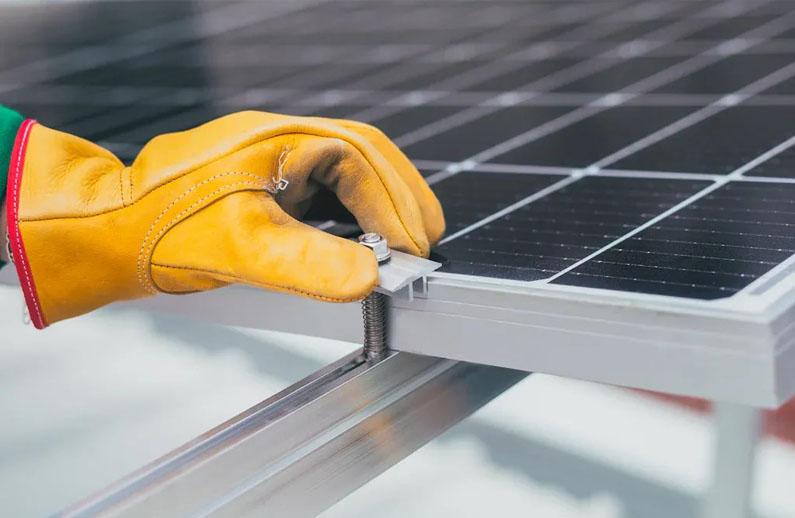
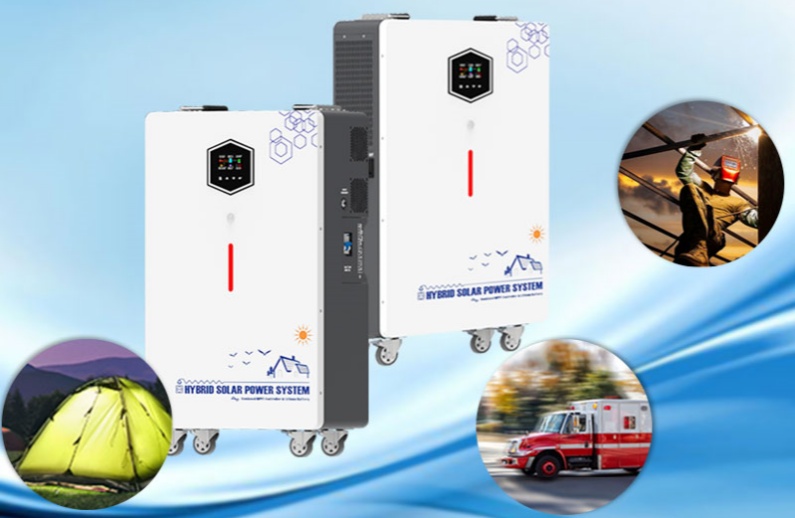
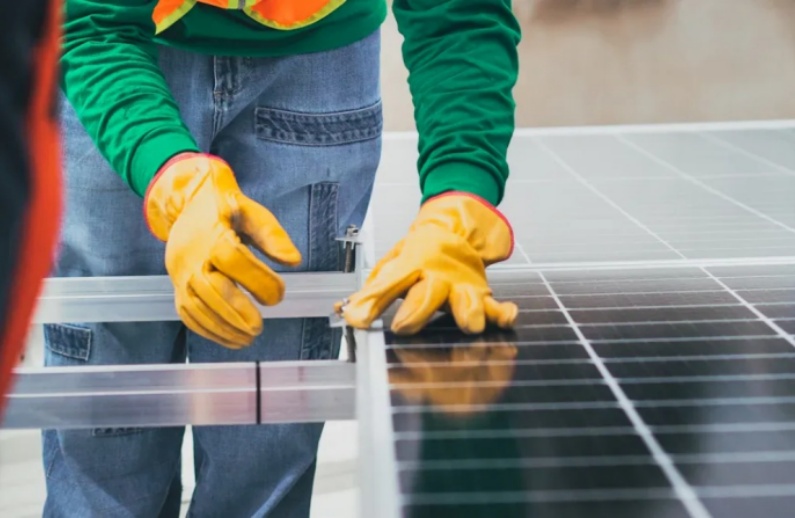
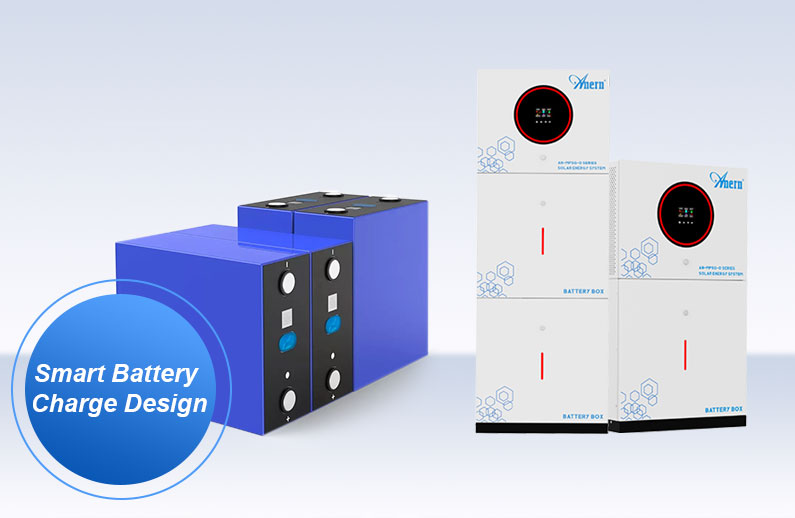
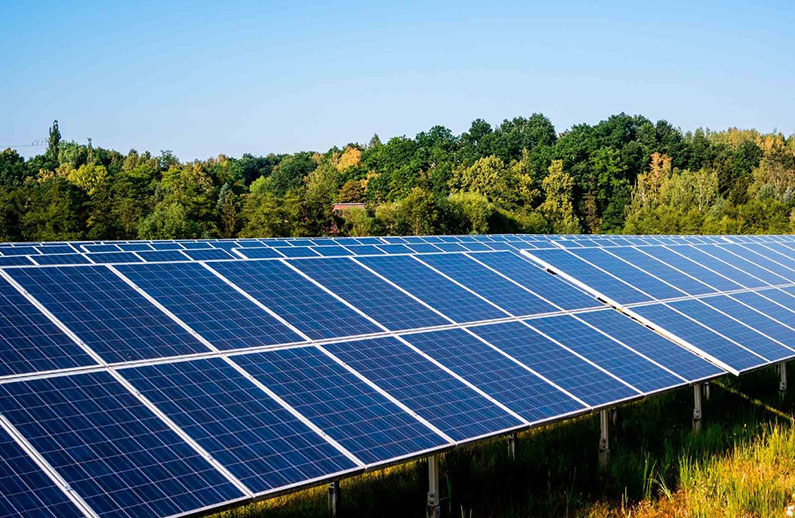
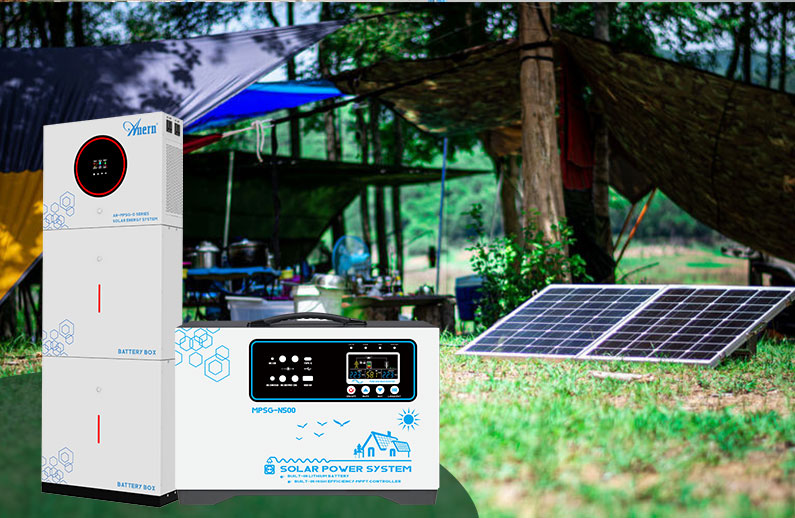
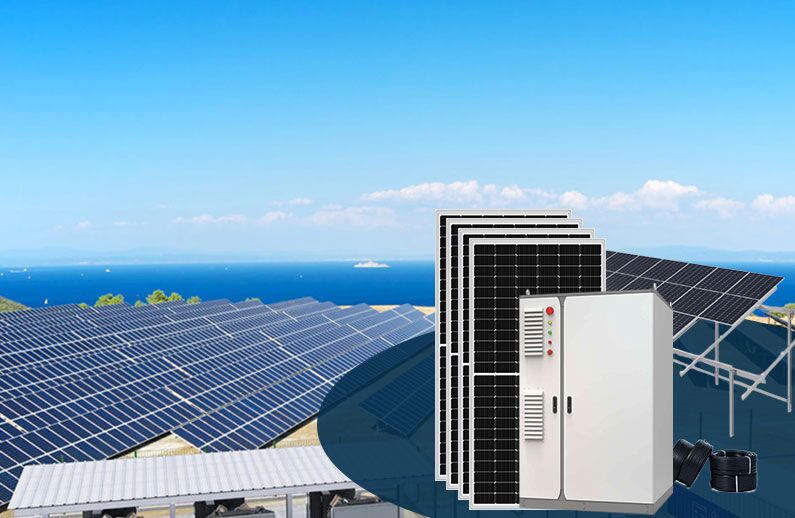
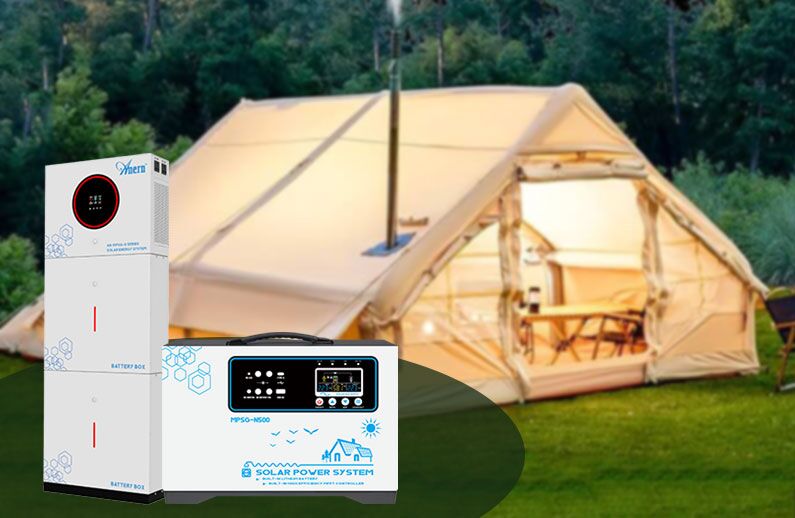

 Network Supported
Network Supported